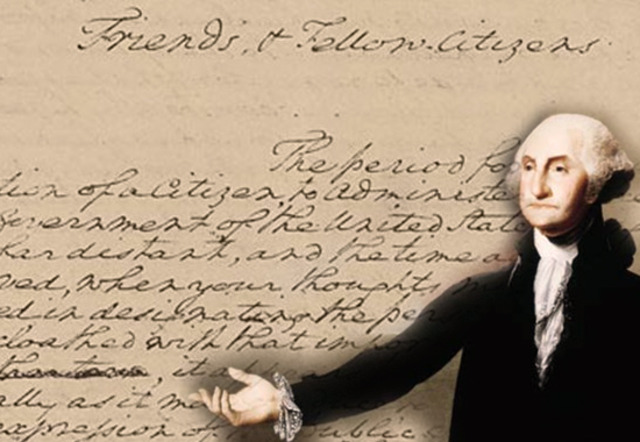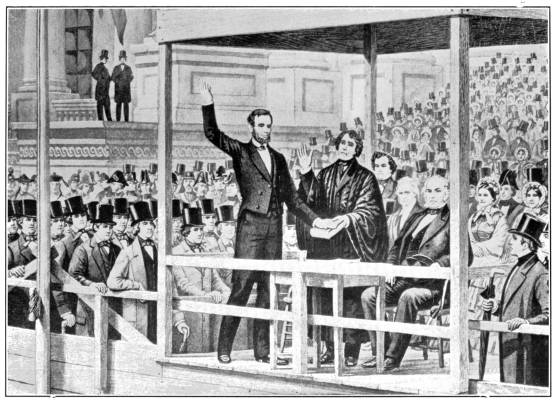Today in History: September 19, 1796 – Washington’s Farewell Address
Today in History: September 19, 1796 – Washington’s Farewell Address Starting with President Washington, our country has a tradition of presidential warnings in their farewell… Read More »Today in History: September 19, 1796 – Washington’s Farewell Address

